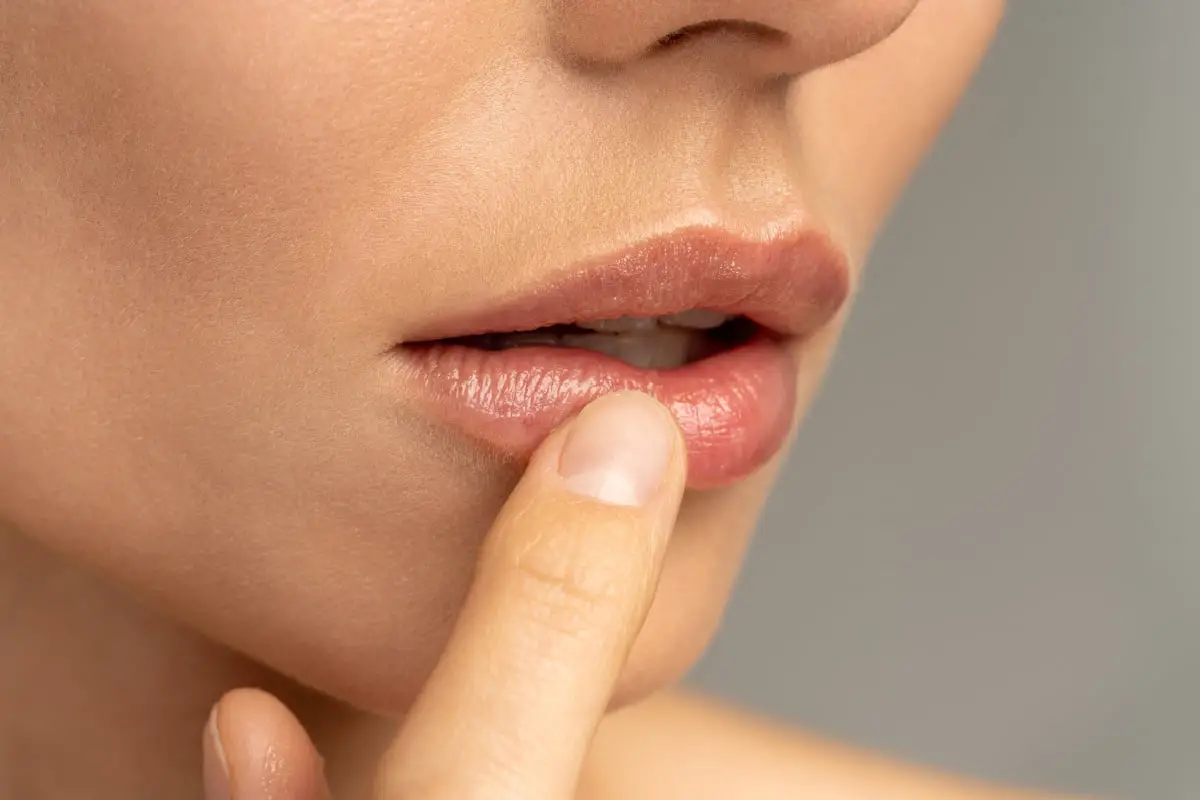You’ve had a great night out, or you’re winding down after a few drinks at home. As you prepare for bed, you feel a strange sensation on your lips – they’re numb. What could this be?
Your numb lips after drinking alcohol are likely telling you something. Whether it’s a symptom of mild dehydration or something more serious, it’s important to be aware of the potential risks and remedies for numb lips after drinking alcohol.
This article will walk you through what to do if you have numb lips after drinking alcohol. We will also explore some causes of numb lips and preventive measures to reduce the chances of developing this uncomfortable side effect in the future. So if your lips have hibernated after a night out, read on and find out how to get them back up and running again in no time.
Table of Contents
ToggleCauses of Numb Lips After Drinking Alcohol
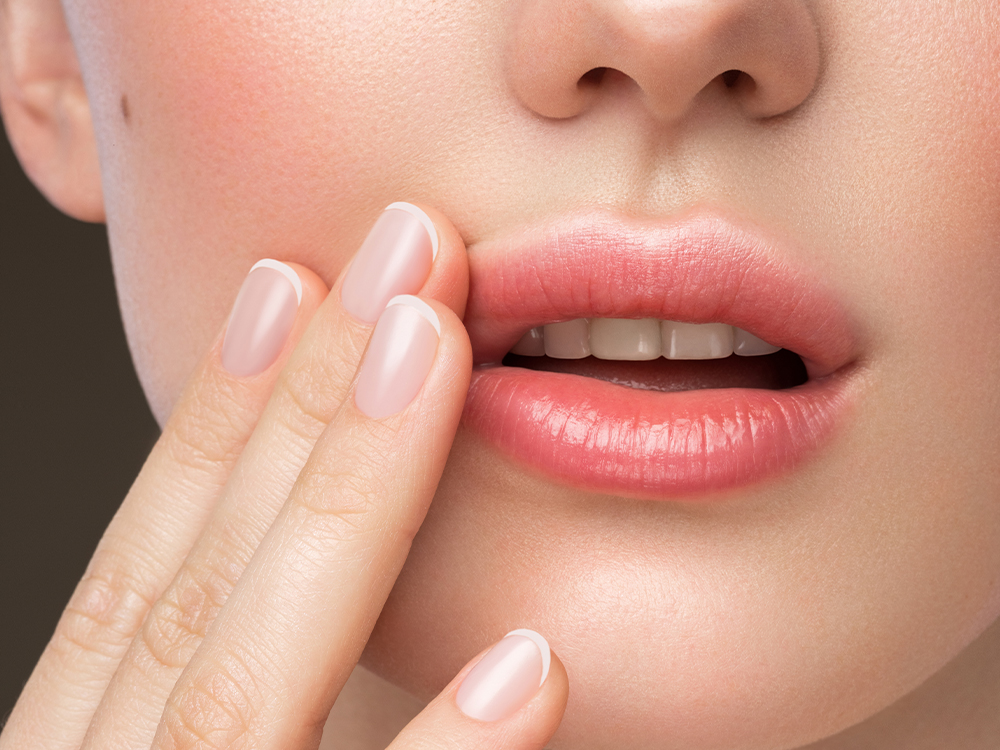
There are a few different reasons why you could be experiencing numb lips after drinking alcohol. The main cause is likely alcohol’s effect on your nervous system, as it can temporarily inhibit nerve impulses that transmit sensations to your brain. Other potential causes include the consumption of spicy foods or drinks, dehydration, or an allergic reaction to certain ingredients in food or drinks.
In some cases, you may experience numbness due to an underlying medical condition such as diabetes, Bell’s palsy, or multiple sclerosis. If the numbness doesn’t go away with time and seems to persist, it may be a good idea to consult a doctor to rule out any possible medical conditions. If it turns out that you have one of these ailments, then your doctor can provide you with appropriate treatment options.
Symptoms of Numb Lips
If you are a regular drinker, you might likely have experienced numb lips after drinking alcohol. Common symptoms of numb lips due to alcohol include burning sensations or extreme sensitivity in your mouth and lips, an unusual taste in your mouth, a decrease in saliva production, and difficulty speaking or forming words. You may also feel dizziness, nausea, or fatigue as additional effects. If these sensations persist for more than a few minutes after drinking alcohol, then it’s likely that you may be dealing with numb lips.
5 Things to do if you have numb lips after drinking alcohol
If you’ve ever experienced numb lips after drinking alcohol, you know how uncomfortable it can be. But don’t worry; there are several ways to treat your lips and get back to your normal self in no time. Here are a few of the things you can do.
1. Stop or reduce alcohol intake
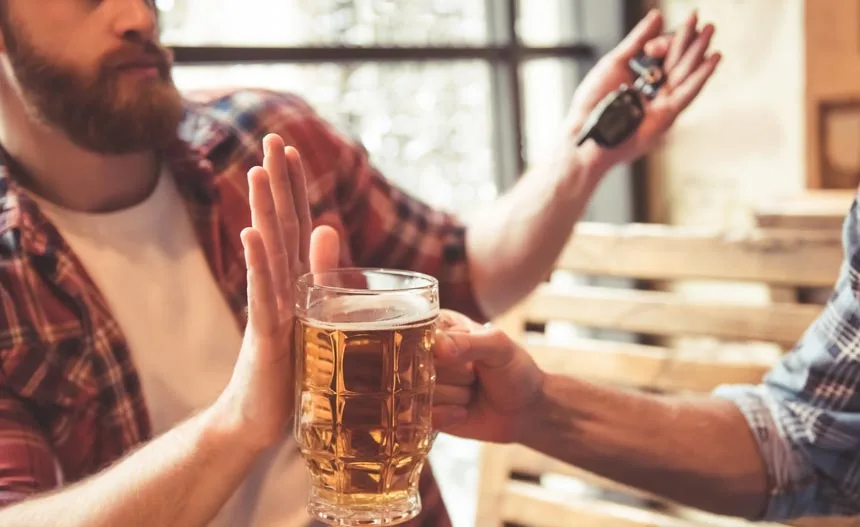
If you’re experiencing numb lips after drinking alcohol, the best thing you can do is stop or reduce your alcohol intake. Alcohol is known to cause dehydration, which in turn can lead to inflammation, especially in the lips and other oral tissues. Reducing or stopping your intake of alcohol is an obvious way to avoid further dehydration and inflammation in the future.
It may also help if you:
- Stay well hydrated while drinking alcohol. Water helps reduce inflammation, and drinking small amounts of it between alcoholic drinks may help reduce your symptoms.
- Avoid smoking as much as possible, as tobacco use can also contribute to dryness and inflammation in the mouth.
- Use a moisturizing lip balm to keep your lips hydrated. Avoid any lip balms containing alcohol or other irritants that could exacerbate the problem.
By reducing your intake of alcohol and taking additional steps to stay hydrated, you can help minimize any discomfort or numbness after drinking alcoholic beverages.
2. Drink lots of water

Alcohol is a diuretic, so it’ll make you urinate large amounts of water very quickly. Replenishing those fluids with plenty of water will help reduce the symptoms associated with the numbness. Make sure you keep sipping on the water even if you don’t feel that thirsty—to avoid any further numbness or dehydration.
3. Avoid spicy foods
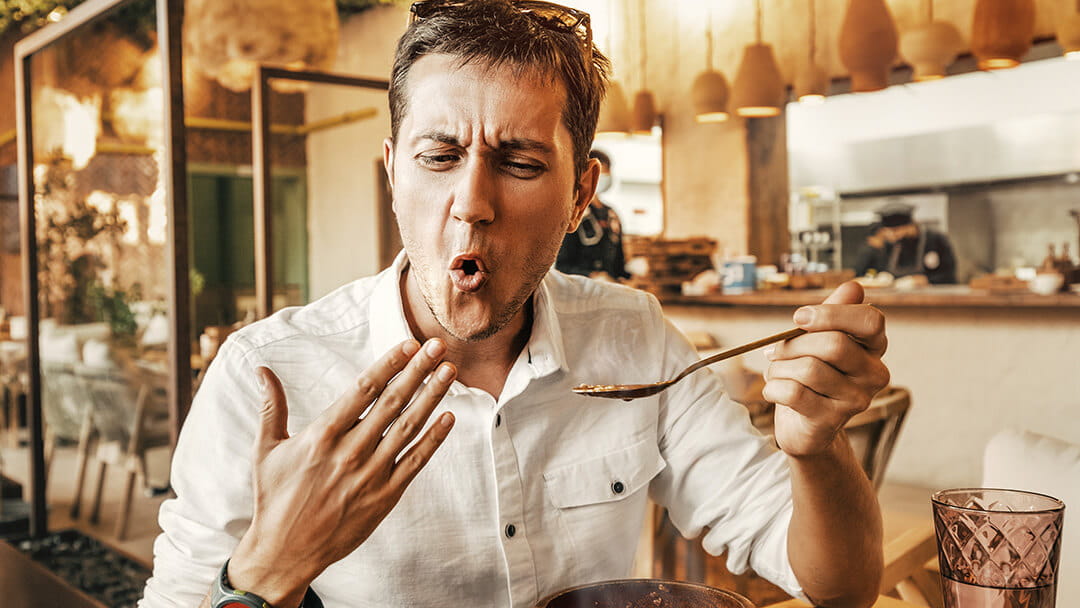
Alcohol also makes your mouth feel dry, so it’s best to steer clear of spicy or acidic foods as they can worsen symptoms like a dry mouth or burning sensation in your lips. Choose bland foods such as toast, crackers, or cereal instead for some relief.
4. Eat vitamin B foods

When you feel numbness in your lips after drinking alcohol, one of the best steps you can take is to eat foods that contain vitamin B. These vitamins help fortify the body’s ability to break down alcohol and clear it from your system faster. Eating foods like beef, chicken, eggs, green vegetables, nuts, and legumes will help replenish the B vitamins that your body needs after a night of drinking.
It is also important to take a multivitamin supplement that contains both vitamin B1 and B12 if you have experienced numb lips or tingling all around your mouth or face after a night of drinking. The combo of these vitamins will help replenish the nutrient levels in your body to bring back balance and reduce any further inflammation or irritation.
5. Seek medical help if persistent symptoms occur
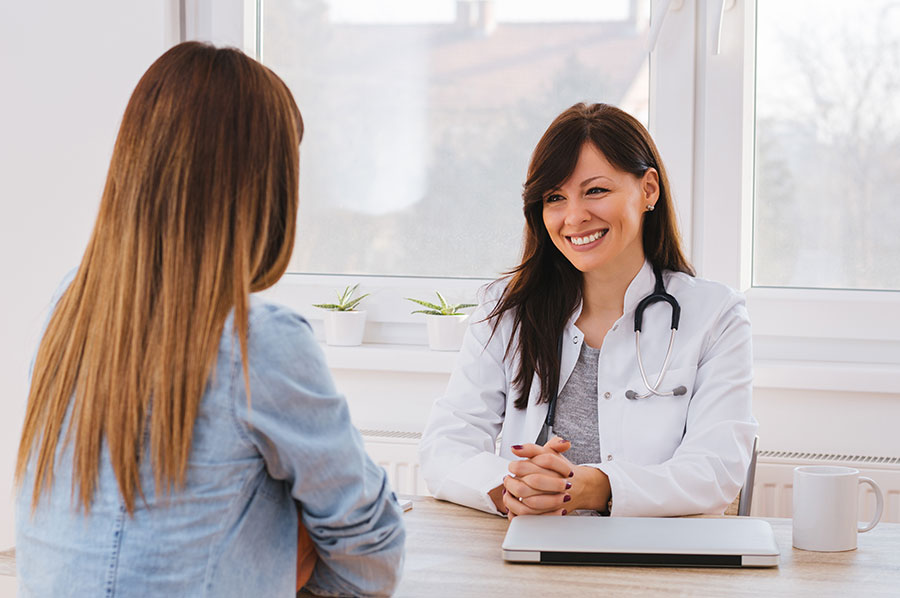
If your numb lips persist for more than a few days, or if you are experiencing any other symptoms like headache or dizziness, it is best to seek medical help. A doctor may be able to give you a blood test to determine if any other factors are at play. You can also visit your dentist if you have concerns about tooth sensitivity.
It is important that you do not drink alcohol again until your symptoms have subsided, and you should monitor your intake in the future. This type of side effect should not be taken lightly—especially if it happens repeatedly or with an increase in dosage. Too much alcohol can have serious health consequences, and most people should stick to the recommended guidelines for drinking responsibly.
Conclusion
Numb lips after drinking alcohol can be a scary and uncomfortable experience, but it is important to remember that it is usually nothing to worry about. If numbness persists or worsens, or you experience other symptoms such as tingling or pain, then speak to your doctor. It is important to remember that numb lips after drinking alcohol are usually not a cause for concern and can likely be treated at home. Be sure to take steps to reduce your risk and speak to your doctor if the symptoms persist or worsen. If your doctor gives you any advice, follow it closely and always keep them informed of any changes in your condition.

I am a passionate beer connoisseur with a deep appreciation for the art and science of brewing. With years of experience tasting and evaluating various beers, I love to share my opinions and insights with others and I am always eager to engage in lively discussions about my favorite beverage.

